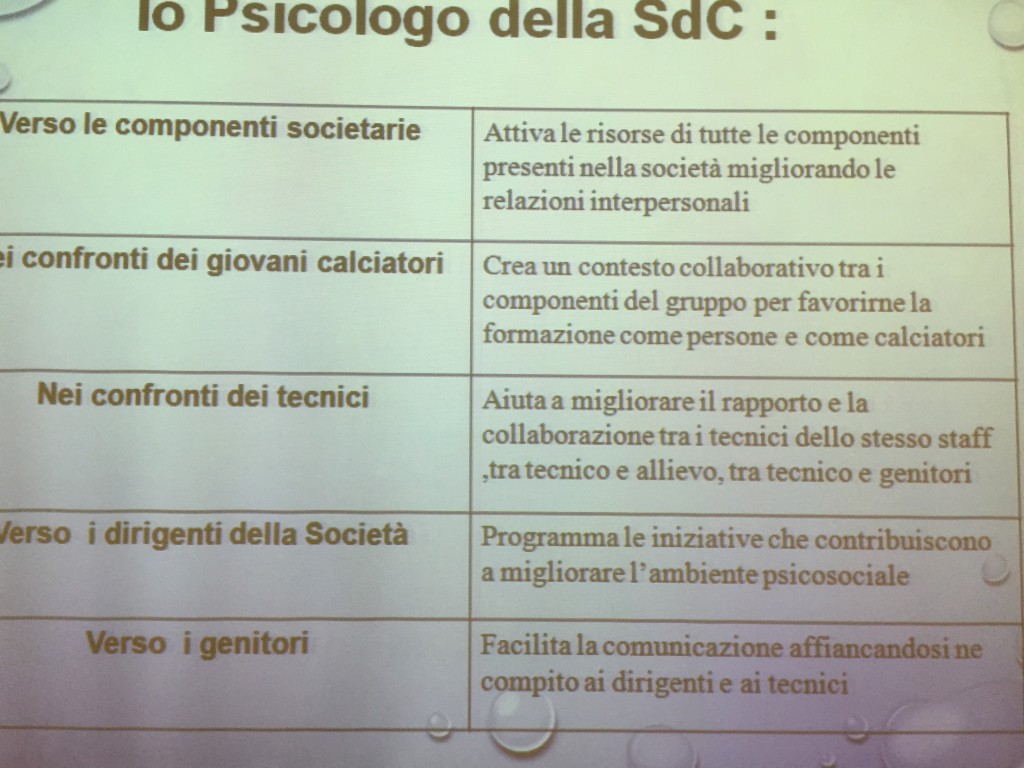Jobs with a high demand for cognitive and human skills, and therefore cities with a high concentration of such occupations, are generally less sensitive to recessions, according to a study by Carlianne Patrick and Amanda Weinstein. Their research is the first to show that the recovery of metropolitan areas from economic recessions depends more on the composition of skills – cognitive, social or motor skills – than on the level of education, which is more difficult to measure.
“Existing studies show that recessions reinforce trends already in place, so we looked at the data in light of multiple recessions, especially the Great Recession. With each recession, it seemed to take the economy longer to recover, and we wanted to understand that particular trend,” said Patrick. “In the Great Recession, for example, more than 8.6 million people across the country lost their jobs, but not always in proportionate amounts to their community populations.”
Researchers examined metropolitan areas with high levels of cognitive and social skills, and others with a high concentration of motor skills. They found that workers with high cognitive and/or social skills had less unemployment, especially during recessions, than those with high motor skills.
In addition, metropolitan areas, even small ones, which were fortunate to have a high concentration of workers with cognitive and social skills, were not only less likely to feel the effects of a recession, but were more likely to recover quickly from a recession.
“Occupational data shows that people with cognitive skills also tend to have people skills, and it’s the ability to relate to people that is most important in reducing the length of time it takes a city to return to pre-recession levels … Education is important but it’s not enough. It’s critical to cultivate people skills in workers with motor skills, to help them weather changing economic conditions,” Patrick said.
Because workers need high levels of cognitive and social skills to increase their chances of employment during a recession, researchers suggest that governments, particularly in cities and regions that have historically relied on motor skills, should consider training workers to build their cognitive and social skills and people to foster more resilient and recession-proof economies.





